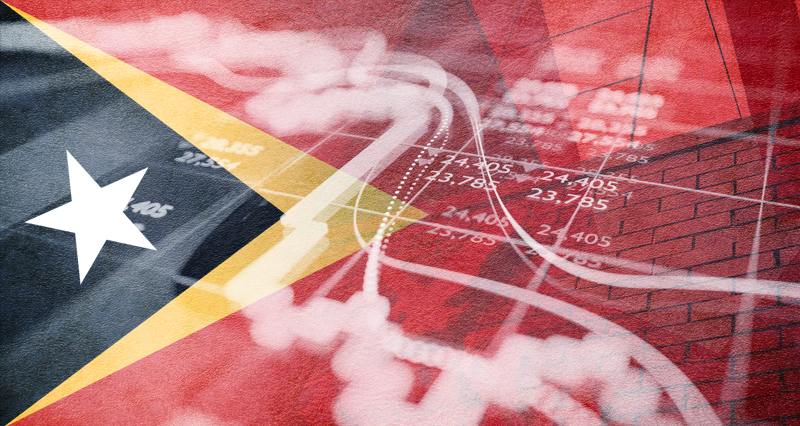Economic Sustainability Beyond 2025
Economic Sustainability Beyond 2025
By Mehmet Enes Beşer
Timor-Leste, since its independence in 2002, has made commendable strides in nation-building and socio-economic development. Central to its economic framework has been the Petroleum Fund, established to manage revenues from oil and gas resources. However, as 2025 approaches, the nation confronts a looming financial precipice, primarily due to the depletion of these finite resources and an over-reliance on petroleum revenues. This scenario necessitates urgent and strategic interventions to diversify the economy and ensure sustainable development.
The Petroleum Fund: A Double-Edged Sword
The Petroleum Fund has been instrumental in financing public expenditure, averaging 85% of GDP between 2013 and 2023. While this has facilitated infrastructure development and public services, it has also fostered a dependency that hampers economic diversification. The finite nature of oil and gas reserves means that without alternative revenue streams, the nation risks severe fiscal deficits.
The primary advantage of the Petroleum Fund has been its ability to provide a stable financial foundation for Timor-Leste. By accumulating and investing petroleum revenues, the fund has enabled the government to finance essential public services, infrastructure projects, and social programs without resorting to excessive borrowing. This approach has contributed to macroeconomic stability and has allowed for sustained investments in sectors such as health, education, and rural development.
Despite its benefits, the Petroleum Fund presents several challenges:
- Over-Reliance on Petroleum Revenues: The fund has financed more than 80% of the annual state budget, leading to a dependency that poses risks to fiscal sustainability, especially as oil and gas reserves dwindle.
- Unsustainable Withdrawals: There is considerable public debate about expenditures exceeding the annual allowable amount that can be withdrawn from the fund. By the end of 2020, the Petroleum Fund had a balance of USD 18.905 million.
- Delayed Economic Diversification: The availability of substantial petroleum revenues has, in some cases, reduced the urgency to develop other economic sectors, hindering diversification efforts.
Economic Diversification: Imperative for Sustainability
Recognizing the perils of a mono-economy, Timor-Leste has initiated efforts to diversify its economic base. Key sectors identified include agriculture, tourism, manufacturing, and petrochemicals. The development of these sectors is crucial for reducing poverty, creating employment, and achieving inclusive growth.
Agriculture remains a vital sector, employing a significant portion of the population. Investments in agroforestry aim to enhance sustainable land use, improve food security, and generate income. Projects like “Agroforestry for Timor-Leste,” supported by international partnerships, are pivotal in this transformation.
Timor-Leste’s pristine landscapes and rich marine biodiversity offer immense potential for eco-tourism and the blue economy. Collaborations with the United Nations are underway to develop sustainable tourism on Ataúro Island, focusing on community involvement and environmental conservation.
Developing a robust manufacturing sector is essential for value addition and employment. Initiatives to improve infrastructure, enhance vocational training, and attract foreign investment are steps toward industrial growth. La’o Hamutuk
Transforming public spending is critical for fiscal sustainability. The 2025 General State Budget emphasizes human capital development, allocating funds for education, health, and social services. Such investments are foundational for a diversified economy.
Charting a Sustainable Future
Timor-Leste’s geopolitical positioning necessitates astute diplomacy. The nation has engaged in discussions with various international stakeholders to develop the Greater Sunrise gas field, a project vital for economic stability. Balancing relations with neighboring countries and potential investors is crucial for national interests.
The country stands at a critical juncture as it approaches 2025. The impending depletion of petroleum resources underscores the urgency for economic diversification and sustainable development. By focusing on agriculture, tourism, manufacturing, and prudent fiscal policies, the nation can mitigate the risks of a financial cliff. Strategic international partnerships and investments in human capital are essential components of this transformative journey. The path ahead requires resilience, innovation, and cohesive efforts from all sectors of society to secure a prosperous future beyond the era of oil dependency.

















Leave a Reply